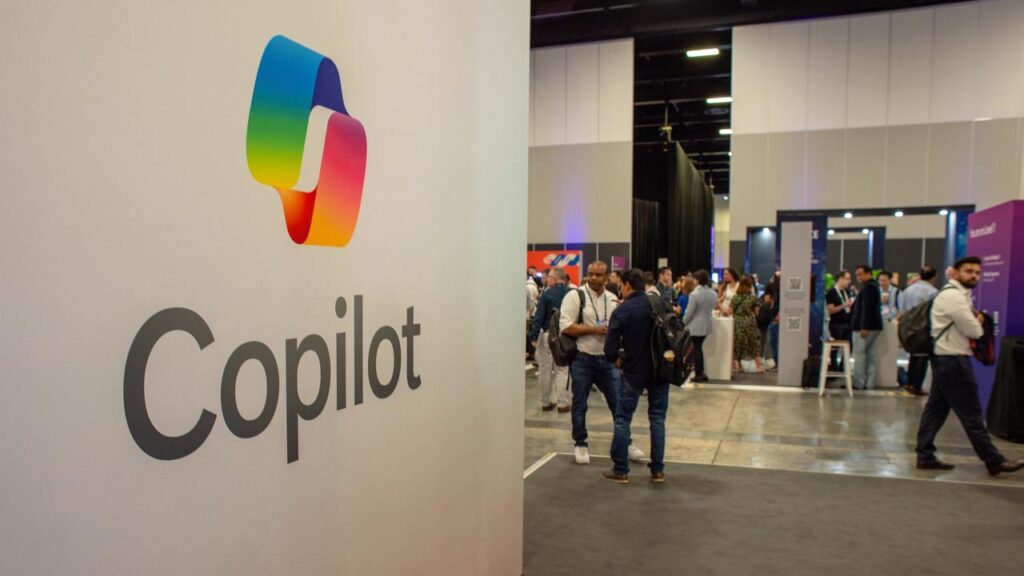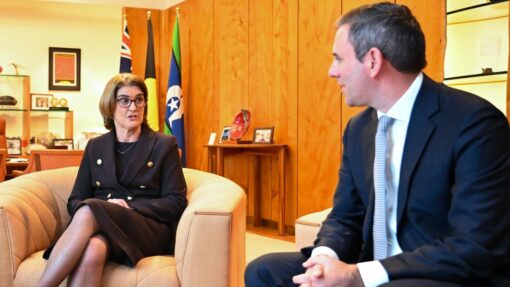AI training pilot to upskill more than 30,000 teachers
Jennifer Dudley-Nicholson |

More than 30,000 teachers could be trained in the use of artificial intelligence technology as part of a year-long trial spearheaded by US tech giant Microsoft and Australia’s Future Skills Organisation.
The firms will announce the pilot program in Canberra on Wednesday in collaboration with 13 industry and education partners, and in a move designed to promote wider adoption of AI technology.
The plan to boost Australia’s AI use comes a day after the Productivity Commission recommended schools deploy the technology for both teachers and students, and after it named AI adoption as one of its priorities for the year.

Artificial intelligence technology is also expected to be a major focus at the federal government’s Economic Reform Roundtable next week.
The Future Skills Organisation’s pilot program, called Skills Accelerator AI, is designed to reach more than 30,000 vocational education and training staff, as well as the students they teach.
Equipping educators with AI tools and teaching them how to use them would be vital to boosting productivity and creating new industries, Future Skills Organisation chief executive Patrick Kidd said.
“We did some research across the finance, tech and business sectors and found that more than 60 per cent of people are using AI but less than 30 per cent have been trained in it,” he told AAP.
“(AI is) happening, it’s here, now we need to make sure that we’re starting to put some shape around it so that we’re doing it responsibly, safely and effectively.”
The training program will include access to a wide range of AI tools, he said, as well as mentors and examples of effective AI use from industry partners.
Groups involved in the program include TAFE in Queensland and South Australia, the Swinburne University of Technology, the Commonwealth Bank, Business NSW, and the National AI Centre.
Targeting teachers in the first phase of the pilot would help to spread AI education widely, Microsoft Asia small and medium enterprise corporate vice-president Rachel Bondi said, and to encourage its responsible use.

“(AI is) reshaping every job and we have to make the training available to all roles and all jobs and not just in certain sectors that may have received that type of training before,” she said.
“We’re hoping that this collaboration of everybody coming together is really going to pave a way for a national approach.”
Federal Skills and Training Minister Andrew Giles said he hoped the partnership would help to create “practical, scalable training” for Australian workers.
In a report issued before the government’s economic roundtable, the Productivity Commission recommended state and territory governments train teachers in the use of AI technology and that schools use the tools to assist students and teachers.
AI technology is expected to be a major focus at the three-day event in Canberra after the Tech Council predicted it could add $115 billion a year to Australia’s economy by 2030.
AAP


